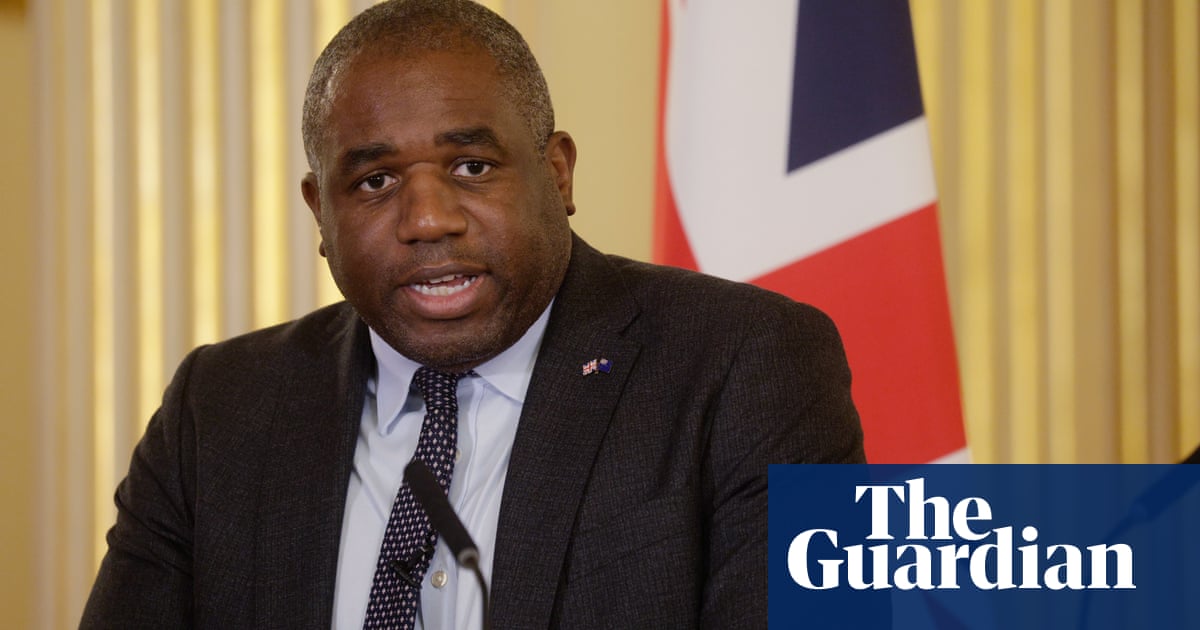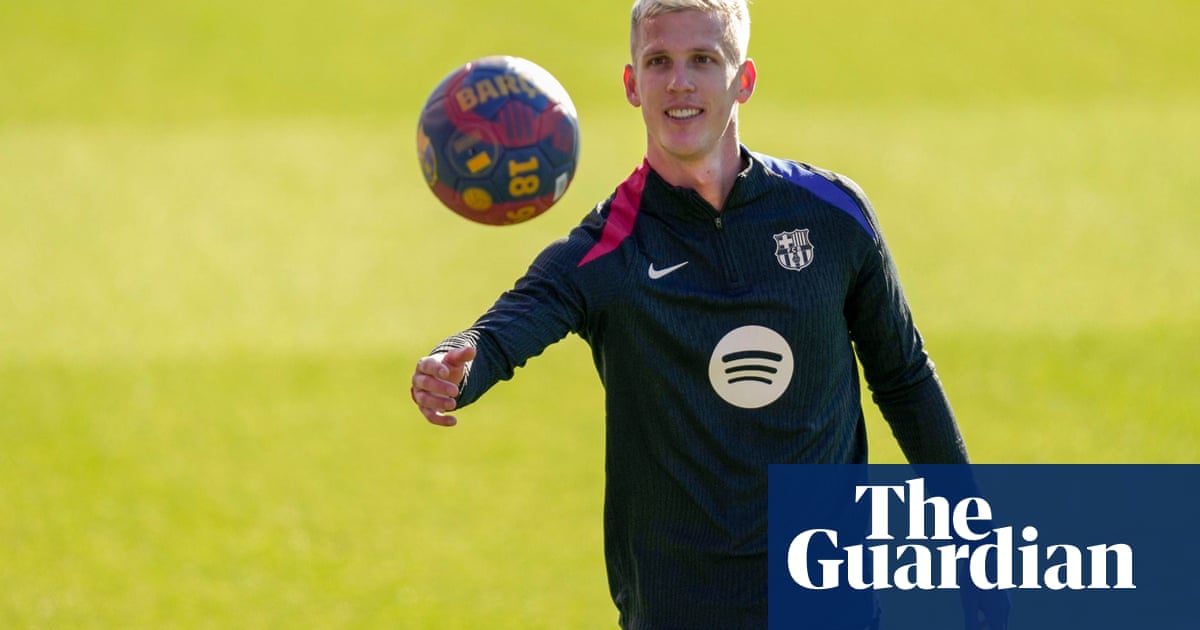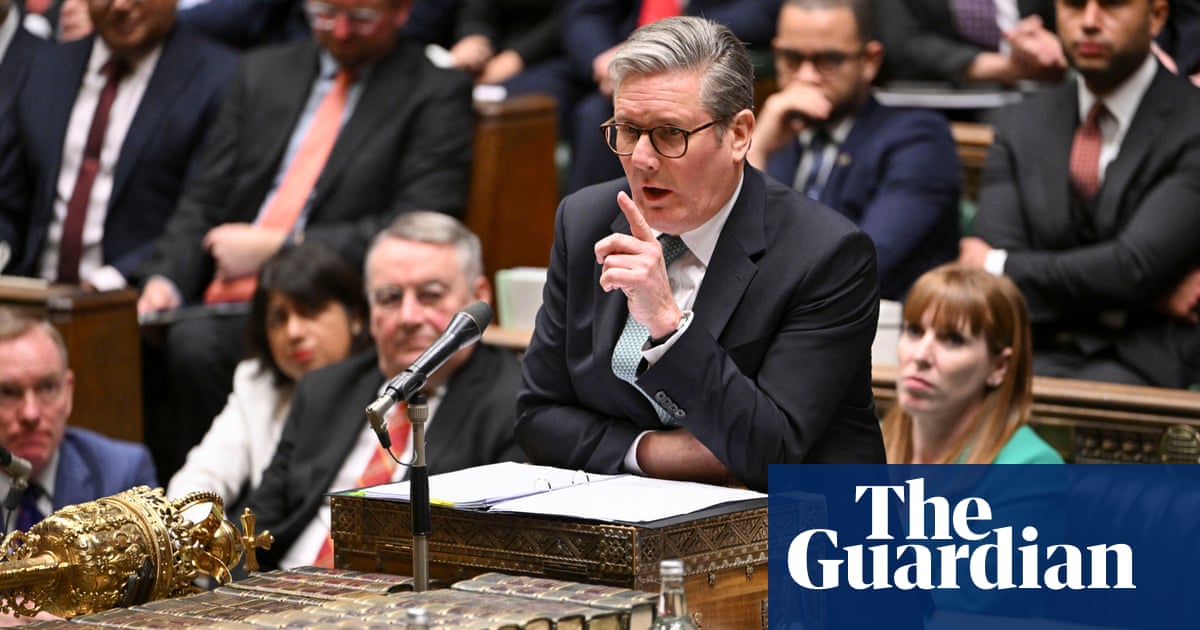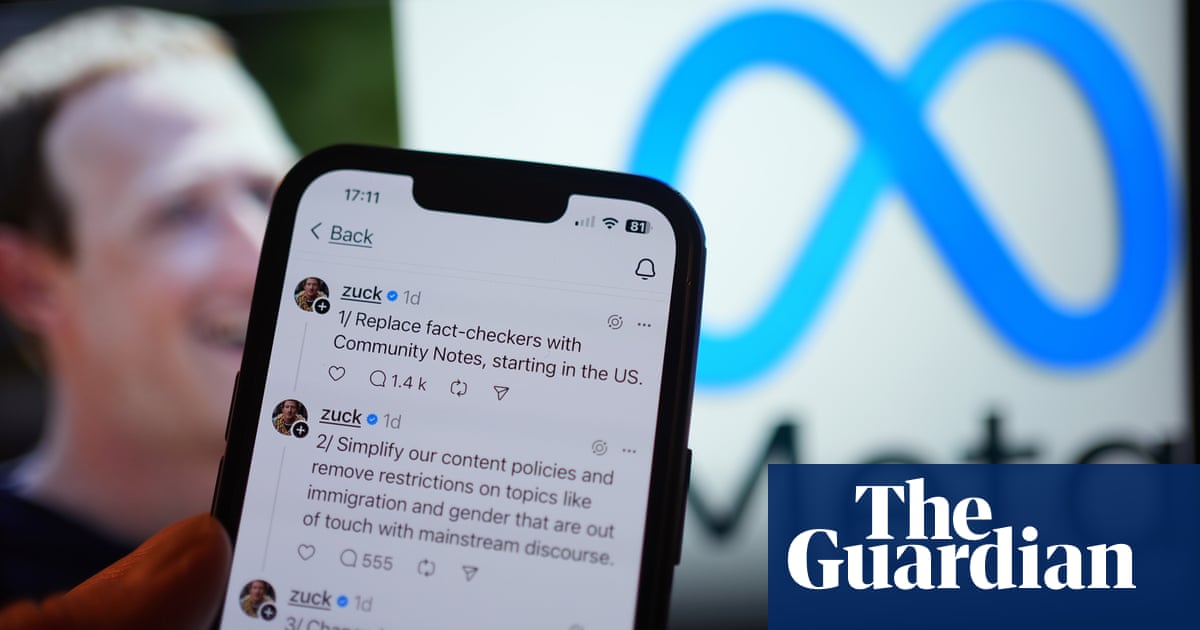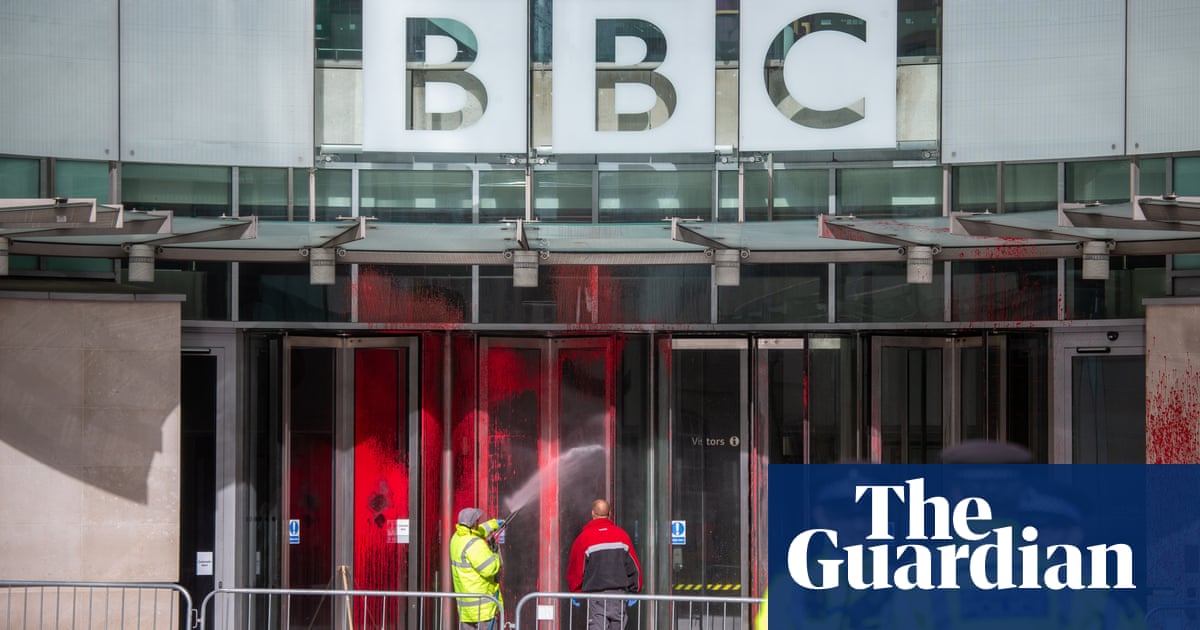The Competition and Markets Authority (CMA) has been looking into the deal to protect customers from price rises to their mobile tariffs and to make sure competition in the telecoms market is not reduced.
We take a look at what the tie-up between the UK’s third and fourth-biggest mobile network operators could mean for consumers.
Why do Vodafone and Three want to merge their UK operations?
The companies argue that the merger, which would create the UK’s largest retail mobile operator by revenue, and the the second-largest in terms of customers, with some 27 million subscribers, is needed to compete and drive investment to achieve the government’s goal of nationwide access to 5G by 2030.
The market value of Vodafone, which is making the largest round of job cuts in the telecoms group’s history, has slumped more than 70% over the past decade.
Three UK, owned by CK Hutchison, has said costs have doubled over the past five years, meaning it now cannot sustain the level of investment in its mobile network.
The companies argue that the combination of the two companies will give it the scale needed to compete against the “big two”, the EE owner, BT, and Virgin Media O2, including on the rollout of 5G and competitive pricing.
However, the CMA has previously expressed concern that the tie-up could result in a “substantial lessening of competition” in the UK’s retail and wholesale markets, and could lead to price rises for tens of millions of mobile customers.
It has also raised concerns that consumers least able to afford mobile services would be most affected.
Will the merger lead to price rises for consumers?
Trade union Unite has been a vocal critic, calling the deal “terrible”, claiming that mobile phone bills could rise by as much as £300 a year if the merger gets full clearance.
Vodafone and Three have offered limited commitments to fixed pricing on their main brands, as well as a two-year freeze for customers on Three UK’s low-cost Smarty tariff, and social tariffs for Smarty and customers of Voxi, Vodafone’s value brand.
The CMA said on Tuesday that the merged company will have to keep certain mobile tariffs and data plans at a fixed cost for three years, but has not yet published details of how broad the freeze will be.
Three, which tends to have a younger customer base, generally has some of the cheapest monthly contracts among the four biggest mobile network operators, according to figures from Enders Analysis.
However, telecoms analysts are not convinced that the tie-up will necessarily lead to higher prices. “There doesn’t seem to be a correlation between fewer mobile players and consumer pricing,” said Karen Egan, head of telecoms at Enders Analysis.
What will the merger mean for 5G coverage?
Vodafone and Three have pledged to spend £11bn over the next 10 years to build a single 5G network across the UK.
The UK is a laggard when it comes to next generation 5G, ranking 22 out of 25 European countries for 5G availability and download speeds, according to research published by Opensignal in February.
According to the UK media regulator Ofcom 5G is only available across 50% of the UK in total.
Customers on EE’s network have access to a 5G signal across 35% of the country, Three UK has 21% coverage, while O2 and Vodafone manage just 16% and 13% respectively.
The CMA is making it a legal obligation for a merged Vodafone/Three to integrate and upgrade its network over the next eight years, which would be overseen by the CMA and the telecoms regulator, Ofcom.
However, critics of the deal argue that the investment figures are misleading and refers to total spend – not just on 5G rollout.
The annual investment of £1.1bn is also about £400m less than the combined spend by Vodafone and Three in the year before the proposed deal was announced.
If I’m with a smaller mobile operator like Tesco, Sky or Lebara will my bills go up?
A significant concern has been whether reducing the UK market from four main players to three will mean that customers of smaller so-called mobile virtual network operators (MVNOs) that offer services through deals with the biggest operators, including Lyca Mobile, giffgaff and Voxi – will end up having to pay more.
The CMA has tried to mitigate this threat by forcing Vodafone and Three to commit to pre-agreed prices and contract terms so these MVNOs don’t get squeezed when their wholesale contracts come up for renewal.
These smaller players have gone from strength to strength in recent years, enabling them to strike competitive deals as their businesses have grown in size.
MVNOs now represent almost a fifth (18%) of the UK mobile market, and continued to grow over the year to March 2024, despite the disappearance of the sizeable Virgin Mobile operation after it was acquired by O2. This compares with zero growth among the four mobile network operators.
“The UK is a very competitive market in mobile,” said Kester Mann, director of consumer and connectivity at CCS Strategy, adding that the strength of the MVNOs is “helping to keep prices low and put pressure on the network operators”.
Is reducing competition to just three big players bad for the UK market?
It has long been held that allowing the market to be dominated by just three big mobile operators would be anti-competitive and would affect, among other things, prices.
Under its former chief executive, Sharon White, Ofcom was an outspoken opponent of Three UK’s attempted £10.25bn takeover of O2, which was blocked by competition regulators eight years ago.
Despite offering to freeze prices for five years the deal was blocked by the CMA and the European Commission on competition grounds.
However, two years ago Ofcom softened its position saying that any potential future merger would be “informed by the specific circumstances of that particular merger, rather than just the number of competitors”.
The CMA has followed suit giving every indication that the Vodafone/Three merger will gain final clearance.
As the economics of the telecoms industry have become more challenged, many countries have accepted consolidation from four to three main players, including Ireland, Austria, Germany and the US.
Analysts say there are indications from those countries that consolidation in the market has led to mobile costs falling, rather than rising.

.png) 2 months ago
13
2 months ago
13





